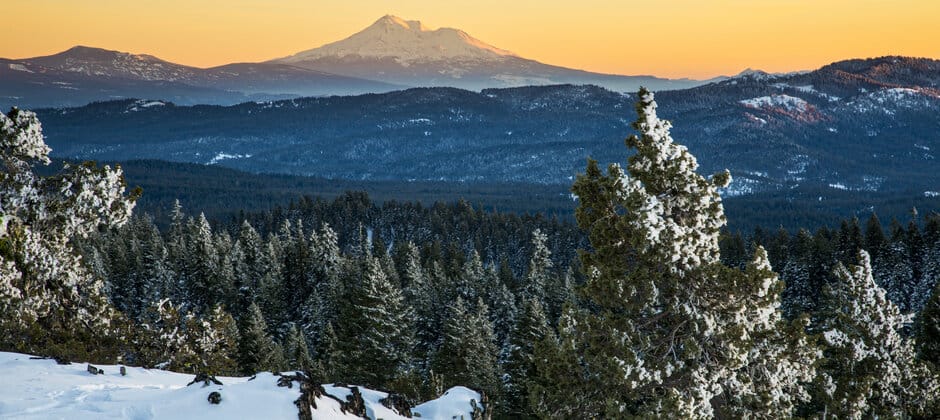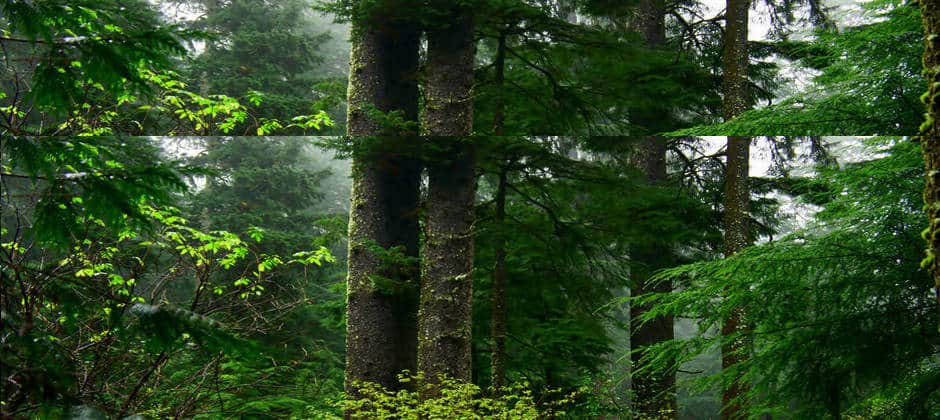Habitat Definition | A habitat is the home of an animal or a plant. From latin, literally 'it dwells', from habitare (see habitable). Word origin late 18th century: Most habitats include a community of animals and plants along with water, oxygen, soil or sand, and rocks. The natural environment in which an animal or plant usually lives:
From latin, literally 'it dwells', from habitare (see habitable). The definition of a habitat is the natural environment of someone or something. The region where a plant or animal naturally grows or lives; It provides the organisms that live there with food, water, shelter and space to survive. A habitat is the home of an animal or a plant.

From latin, literally 'it dwells', from habitare (see habitable). The definition of a habitat is the natural environment of someone or something. Natural habitat, natural home, and natural territory are all synonyms. A habitat is the home of an animal or a plant. In ecological terms, a niche is the manner or role in which organisms fit into their respective ecosystems. The habitat definition above refers to the unique place an organism lives. It provides the organisms that live there with food, water, shelter and space to survive. Most habitats include a community of animals and plants along with water, oxygen, soil or sand, and rocks. In ecology, the term habitat summarises the array of resources, physical and biotic factors that are present in an area, such as to support the survival and reproduction of a particular species. The natural environment in which an animal or plant usually lives: In ecology, the term habitat summarises the array of resources, physical and biotic factors that are present in an area, such as to support the survival and reproduction of a particular species. Sep 13, 2021 · a habitat is the natural home or environment of a plant, animal, or other organism. A species habitat can be seen as the physical manifestation of its ecological niche.
Jun 04, 2019 · in ecology, habitat and niche refer to two separate terms. In ecology, the term habitat summarises the array of resources, physical and biotic factors that are present in an area, such as to support the survival and reproduction of a particular species. The definition of a habitat is the natural environment of someone or something. It provides the organisms that live there with food, water, shelter and space to survive. A species habitat can be seen as the physical manifestation of its ecological niche.

Most habitats include a community of animals and plants along with water, oxygen, soil or sand, and rocks. (biology) a specific place or natural conditions in which a plant or animal lives. Almost every place on earth —from the hottest desert to the coldest ice pack—is a habitat for some kinds of animals and plants. In ecological terms, a niche is the manner or role in which organisms fit into their respective ecosystems. Niche, however, is a more nuanced term ecologists use when referring to organisms interacting in an ecosystem. Habitat is derived from the latin word "habitātus," which means "to have been inhabited.". Natural habitat, natural home, and natural territory are all synonyms. The place where a person or thing is ordinarily found. A species habitat can be seen as the physical manifestation of its ecological niche. The region where a plant or animal naturally grows or lives; In ecology, the term habitat summarises the array of resources, physical and biotic factors that are present in an area, such as to support the survival and reproduction of a particular species. A habitat is the home of an animal or a plant. Word origin late 18th century:
From latin, literally 'it dwells', from habitare (see habitable). Niche, however, is a more nuanced term ecologists use when referring to organisms interacting in an ecosystem. Most habitats include a community of animals and plants along with water, oxygen, soil or sand, and rocks. Habitat is the place or location where an organism (or a biological population) lives, inhabits, or exists is referred to as its habitat. It provides the organisms that live there with food, water, shelter and space to survive.

Natural habitat, natural home, and natural territory are all synonyms. Jun 04, 2019 · in ecology, habitat and niche refer to two separate terms. The natural environment in which an animal or plant usually lives: From latin, literally 'it dwells', from habitare (see habitable). In ecology, the term habitat summarises the array of resources, physical and biotic factors that are present in an area, such as to support the survival and reproduction of a particular species. Word origin late 18th century: The place where a person or thing is ordinarily found. In ecological terms, a niche is the manner or role in which organisms fit into their respective ecosystems. Niche, however, is a more nuanced term ecologists use when referring to organisms interacting in an ecosystem. The region where a plant or animal naturally grows or lives; The definition of a habitat is the natural environment of someone or something. A habitat is the home of an animal or a plant. A species habitat can be seen as the physical manifestation of its ecological niche.
Habitat Definition: (biology) a specific place or natural conditions in which a plant or animal lives.
Post a Comment